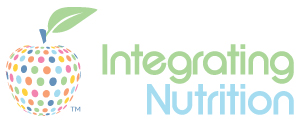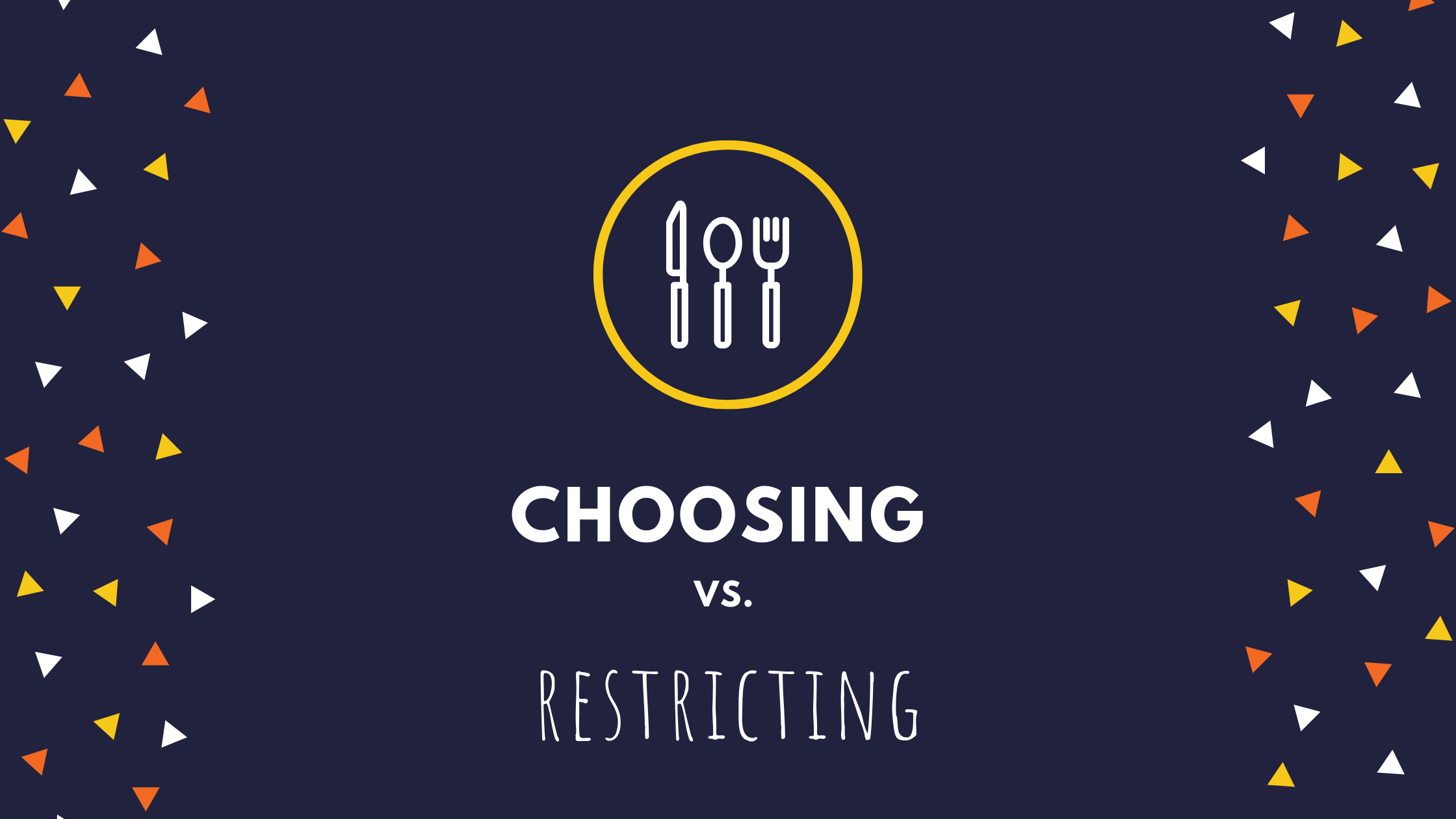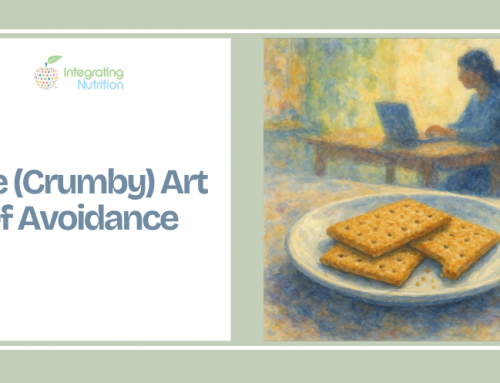Choosing vs. Restricting, what’s the difference?
Suppose you decided that you needed, say, a new red t-shirt to go with your blue jeans. So you go to the store, and there are stacks of shirts in a wide range of colors in stock. You grab a red shirt that works for you, and also find a couple of t-shirts in other colors appealing, so you decide to pick up those too. You end up with three shirts.
When most of us go clothing shopping, we go with something like a budget in mind and a knowledge of how much space we have available to put new clothes. But let’s imagine for a moment that money is not at all an issue, and that there is a massive abundance of closet space at home. So you may or may not choose to get one or two additional shirts, just in case you need them. But even with oodles of funds and storage at your disposal, you probably wouldn’t take a dozen shirts of each color. To do so would be excessive, no one needs that many shirts, plus it would be rude to not leave any for other shoppers.
So even though it would be possible for you to take far more, you would probably choose to take just those few shirts. And let’s acknowledge that limiting your own purchase would be your choice. The point here is that the concept of choice is a simple but very powerful one; specifically something to embrace as a tool of empowerment when considering the struggle many people face related to the over-intake of food.
Whether you chose to buy a few shirts because that was all you wanted, or you were restricted to a few shirts due to budgetary or space limitations, the end result is the same. You went home with a few shirts. It is only the attitude used in figuring out how many shirts to get that is different. But for many people–when it comes to portion control–the specific attitude used to make food intake decisions is hugely important.
There is nothing controversial about pointing out that the food we eat, and the amount of this food, has an effect on our well-being. I am against rule-based diet restriction because in most cases it doesn’t work. As I’ve discussed on more than one occasion, people tend to push back against such restrictions, even the restrictions that they, themselves, initially had set in place. Moreover, as I pointed out in a guest column on the website mirror-mirror.org, people inflexibly relying on diet rules are merely shifting their intake focus onto artificial, external boundaries. Rules, as they say, are made to be broken, even ones we set for ourselves. So while I am very much against using restrictive diet rules to regulate food intake, I am very much in favor of applying more mindful techniques (such as Intuitive Eating) to influence what and how much we eat to maximize health.
The question I often get when I suggest this is how does one achieve that?
The answer lies with the power of choice. People often restrict their diet because they feel like something is out of control about their eating, but applying harsh constraints only serves to give the illusion of order while knocking things even more out of balance. The dynamic is now set up in terms of the conflict of “I want to” versus “I’m not allowed.” The truth is, at the core of restriction is disempowerment. (For example, “I want to eat ice cream, but I’m not allowed to” can also be read as “I want to eat ice cream, but I’m not empowered to eat the things I want”.) At the very least this dynamic is unpleasant, at the very worst it is difficult to maintain. Consider, then, how empowering the concept of “I am empowered to eat ice cream, but I choose not to at this moment.” This is what I was referring to earlier when I said that the specific attitude used to make food intake decisions is hugely important.
Empowerment is a potent tool. It entails looking at the whole picture. An empowered eater might, for instance see some cookies they like, and realize that even as they could choose to eat them, they can also choose to eat them another time. Conscious freedom from restriction leads to greater discernment. To be fully aware while setting limits for real health and optimum nutrition is not restricting, it is the very empowered act of choosing. To start on the path of conscious choice, one only needs to start moving toward finding a mindful way of being in the world. Because while practising mindfulness is the first small step; the rewards that follow can be huge.
So… what do you choose?





